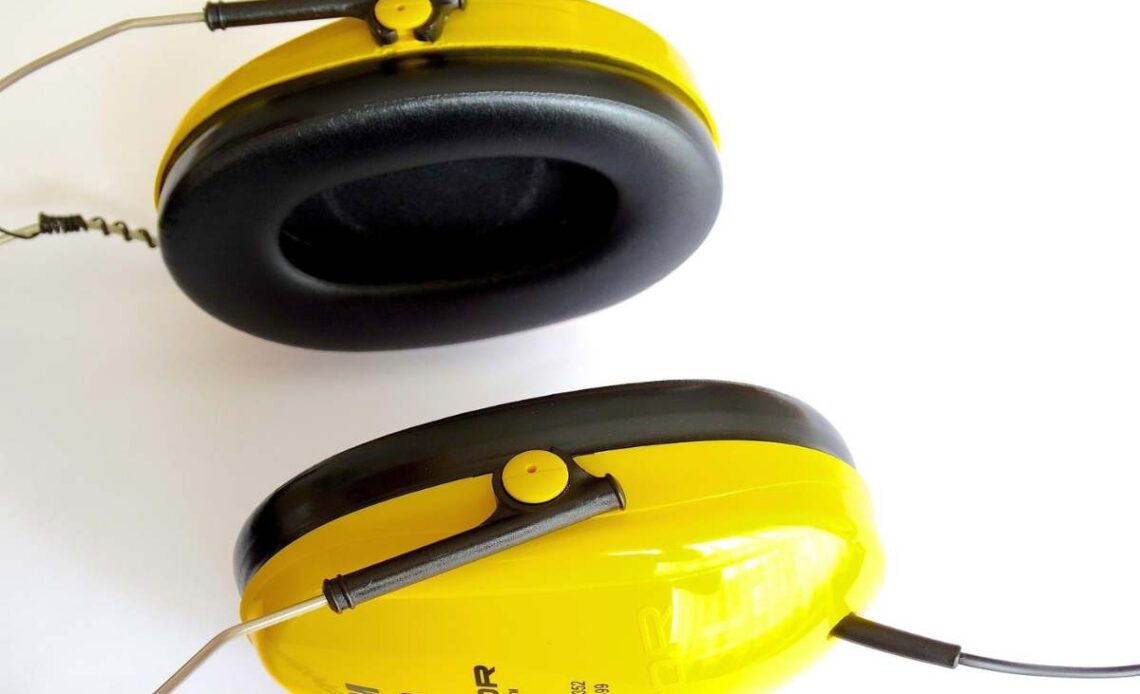
Imagine waking up one day and realizing the world sounds… different. Conversations are muffled, music lacks its crispness, and the birds you once loved hearing on your morning walk? Gone. The worst part? You can’t just hit “reset.” Unlike your phone, your ears don’t come with a factory restore option. Once your hearing is damaged, it’s game over—or at least a much harder, quieter game.
Hearing loss isn’t just for rockstars and the elderly. It’s creeping into younger generations at an alarming rate, thanks to earbuds, concerts, and that one friend who blasts music like they’re DJing Coachella. The good news? You can prevent it. The bad news? Most people don’t.
Let’s change that.
Your Ears Are Fragile—Treat Them Like Gold
You wouldn’t rub sandpaper on your eyes, right? So why are you blasting 100-decibel music straight into your eardrums like they’re invincible?
Your ears contain tiny, delicate hair cells (called stereocilia) that help convert sound into electrical signals for your brain. Once these die, they don’t grow back. Loud noises kill them off like a slow, relentless assassin. The result? Permanent hearing loss. According to the Centers for Disease Control and Prevention (CDC), noise-induced hearing loss is completely preventable—if you take the right precautions.
Think of your hearing like a savings account—every time you expose it to excessive noise, you make a withdrawal. If you withdraw too much, you’ll be left with nothing but silence.
The 60/60 Rule: Your Ears’ Best Friend
If you love your AirPods like a lifeline, here’s a simple rule: Keep the volume at 60% and don’t listen for more than 60 minutes at a time.
Why? Because listening to music at full volume (which is around 100+ decibels) can cause damage in just 15 minutes. Yes, you read that right—one Taylor Swift album at full blast could permanently mess with your hearing.
Give your ears a break. They’ll thank you later. The National Institute on Deafness and Other Communication Disorders (NIDCD) warns that prolonged exposure to loud sounds can cause irreversible hearing loss—but the right listening habits can help prevent it.
Concerts, Clubs, and the “One Night of Fun” Myth
You know that ringing in your ears after a night out? That’s your body screaming at you. It’s called a temporary threshold shift, and it’s a sign your ears have taken a serious hit.
The more often this happens, the more likely it is to become permanent. And no, your ears won’t “toughen up.” They’ll just stop working properly.
Here’s your cheat code:
- Stand away from speakers
- Wear earplugs (yes, cool people use them too)
- Give your ears a recovery period
Think of it like working out—if you don’t give your muscles a break, you’ll injure yourself. Your ears work the same way.
The Sneaky Danger of Everyday Noise
It’s not just concerts and headphones—daily life is out to get your ears too.
- Traffic noise? Can reach up to 85 decibels.
- Lawnmowers and power tools? 90-110 decibels.
- Movie theaters? Often 100+ decibels.
The damage doesn’t happen overnight, but it accumulates. If you work in a noisy environment or live in a city, consider noise-canceling headphones or earplugs when needed. Future-you will be grateful.
Hearing Loss Isn’t Just About Sound—It Messes with Your Mind
Here’s what no one tells you: Hearing loss isn’t just about struggling to hear—it rewires your brain.
Studies show that untreated hearing loss increases the risk of dementia, depression, and social isolation. Why? Because when your brain has to work overtime to interpret muffled sounds, it drains cognitive resources that should be used elsewhere.
It’s like trying to read a book in the dark—exhausting and frustrating.
Protect Your Ears Now or Pay the Price Later
Hearing loss doesn’t come with a dramatic “BOOM.” It sneaks up on you, slow and silent, until one day, you realize you’ve been missing out. The laughter of your kids, the intricacies of your favorite song, the whispered secrets from a loved one.
But you can stop it. Right now.
- Turn the volume down
- Wear ear protection in loud environments
- Take breaks from noise exposure
- Get your hearing tested regularly
If you’re already noticing signs of hearing issues—ringing ears, muffled sounds, or needing to turn up the volume more than usual—don’t ignore it. It’s never too early to protect your hearing health by seeing a professional hearing consultant. They can assess your current hearing, recommend protective measures, and help you avoid long-term damage before it’s too late.
Because once it’s gone, it’s gone. No reset button. No second chances. Just silence.
Also Read: Building Safer Healthcare Systems: A Guide for Staff and Patient Protection
